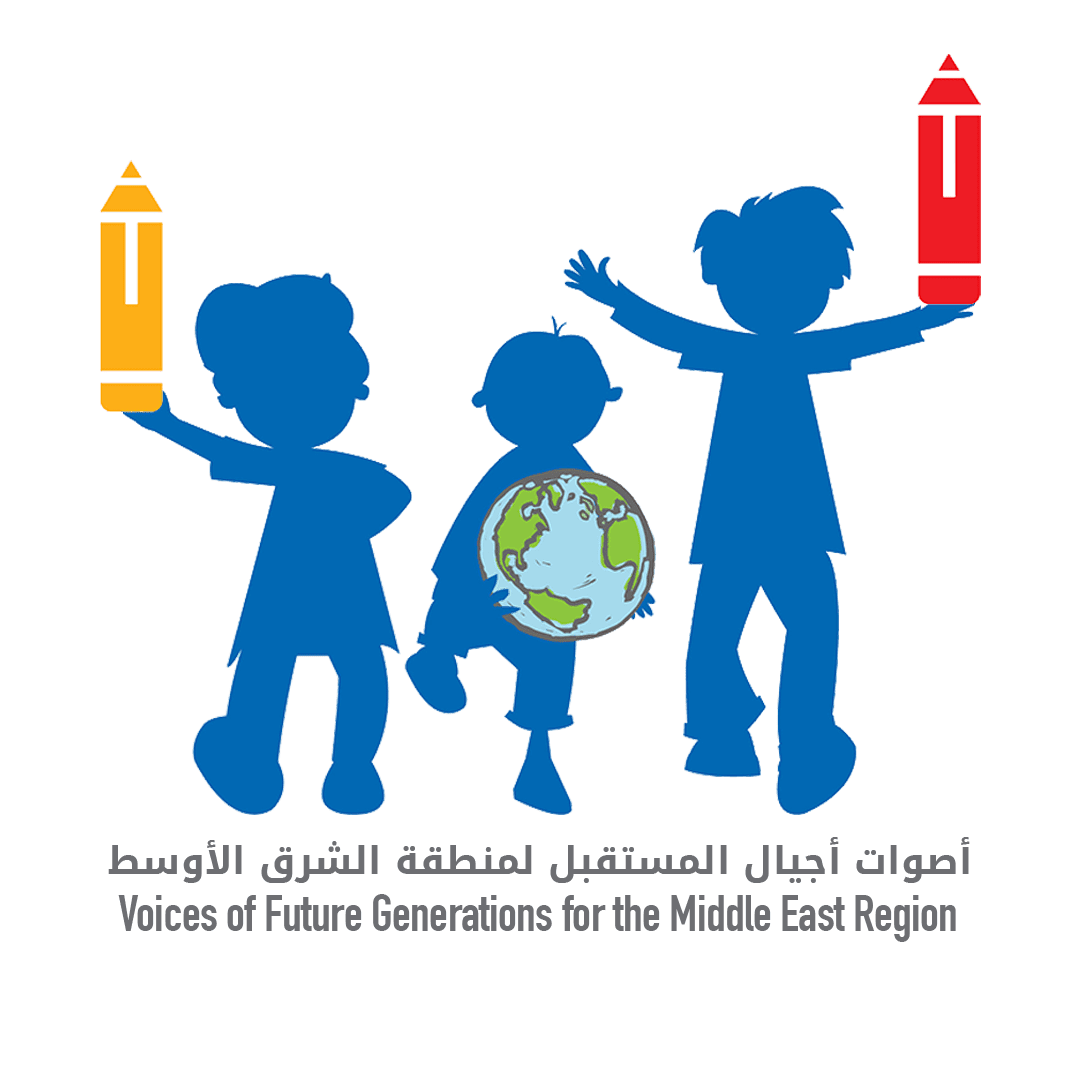
Wellbeing in Education
Wellbeing in Education
Hello, my name is Rob and over the past two years my role at school has focused on well-being in education. Specifically, how we can begin to address the well-being needs of students that are ever changing and very individualized. In order to achieve this, I adopted an action research-based approach which led to the development of PEP (Positive Education Program).
First things first, we needed to develop a school-wide understanding of what well-being is and its individual components. For this, we adopted the PERMAH model developed by Martin Seligman. Consisting of 6 components; positive emotion, engagement, relationships, meaning, accomplishment, and health, the model had already been used in the region as the foundation for the KHDA longitudinal well-being census.
Next, we merged these components with additional school values (such as respectfulness and curiosity) and coded in a bank of questions that would then be used to individually measure student well-being against these metrics. Each class was then provided with a 20-minute slot in their daily schedule for PEP time. But here is the innovative part, the coaching and activities provided to each class was individualized based on their individual data. So hypothetically speaking, if Grade 1 flagged as displaying low levels of engagement, an engagement focused session was chalked out for them. Grade 2 having issues with health-related topics, health focused sessions were planned for them.
Students, parents, and teachers really bought into the idea which certainly helped in its implementation. However, it’s important that we continue by optimizing such initiatives. Who knows what such a model could look like in ten years? Data being collected in the background by an AI well-being bot? Students being able to determine their own well-being metrics and how they can allocate time to developing them? The possibilities are truly endless and in reality, we are still at the very genesis of exploring the role in well-being and how it can be developed in our education models.
Voice of Robert Williams
Robert has spent the last 9 years working in Dubai based schools in a range of roles such as homeroom teaching, head of science, and director of student success and well-being. The blog focuses on a well-being initiative that was developed as his thesis project whilst completing a masters in educational leadership.


